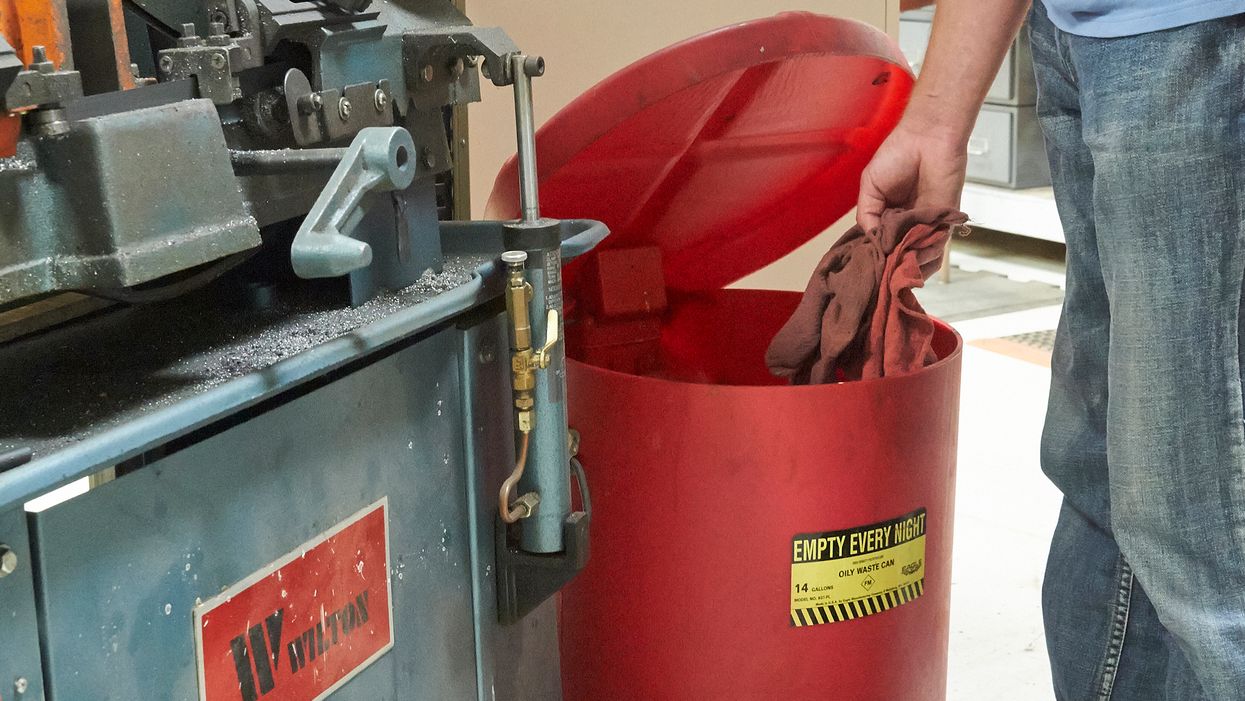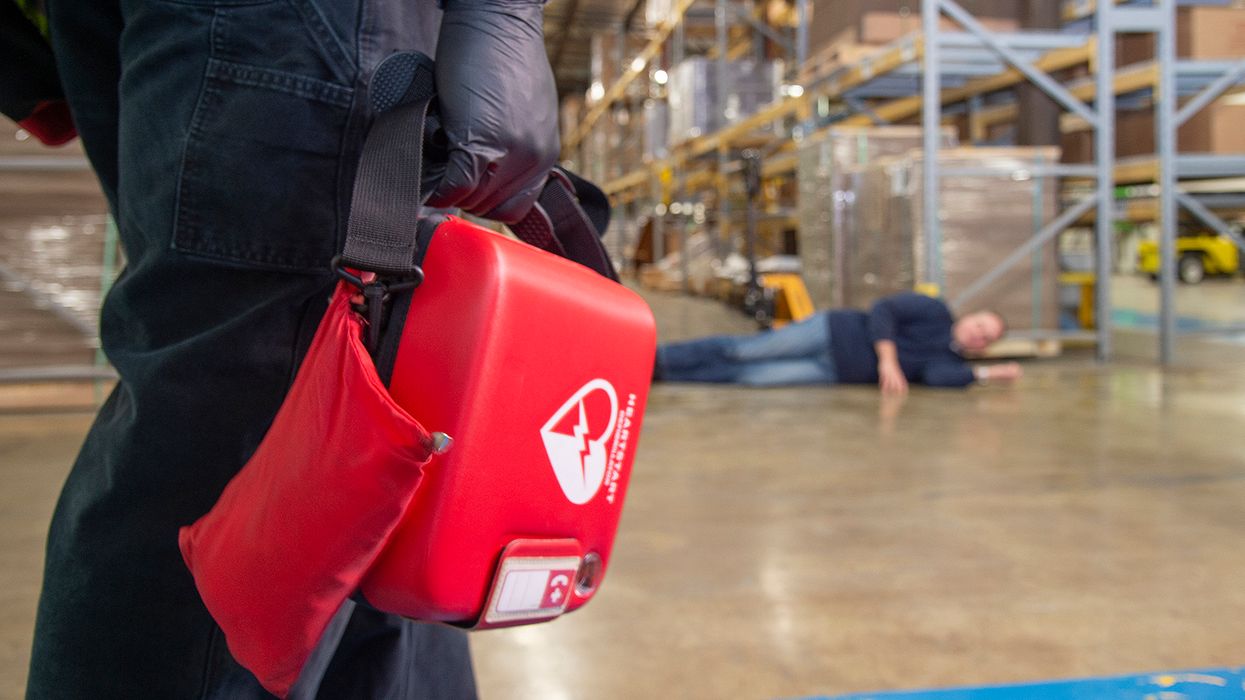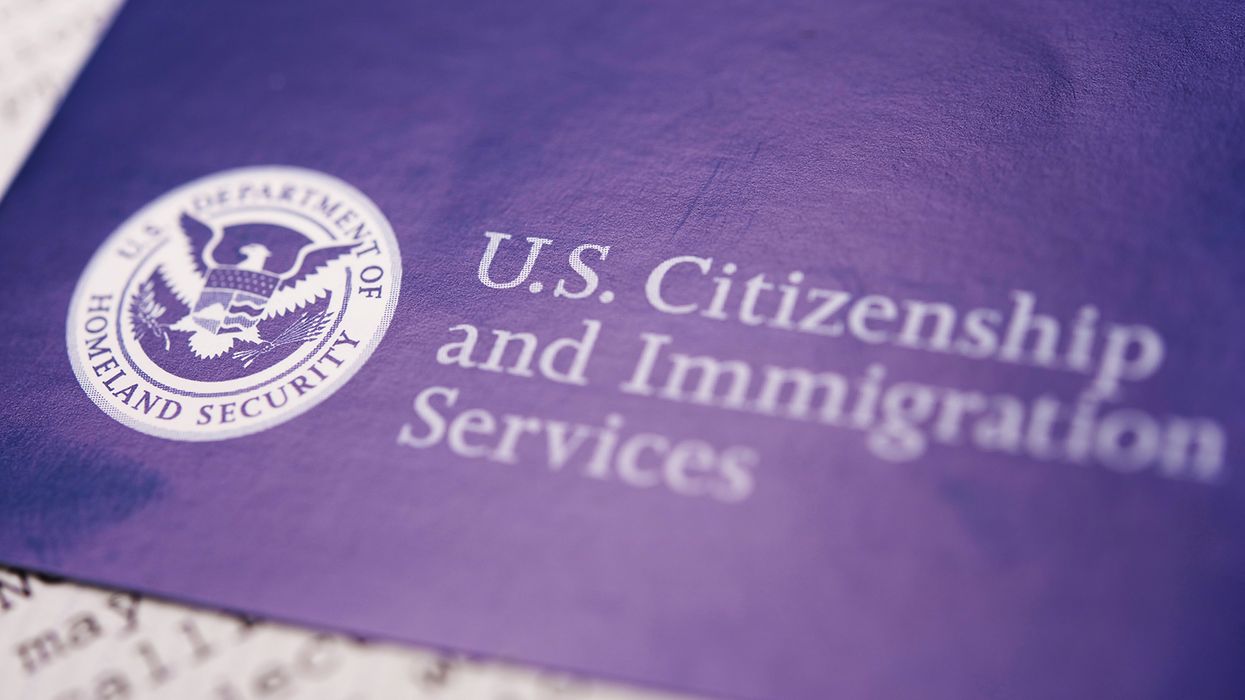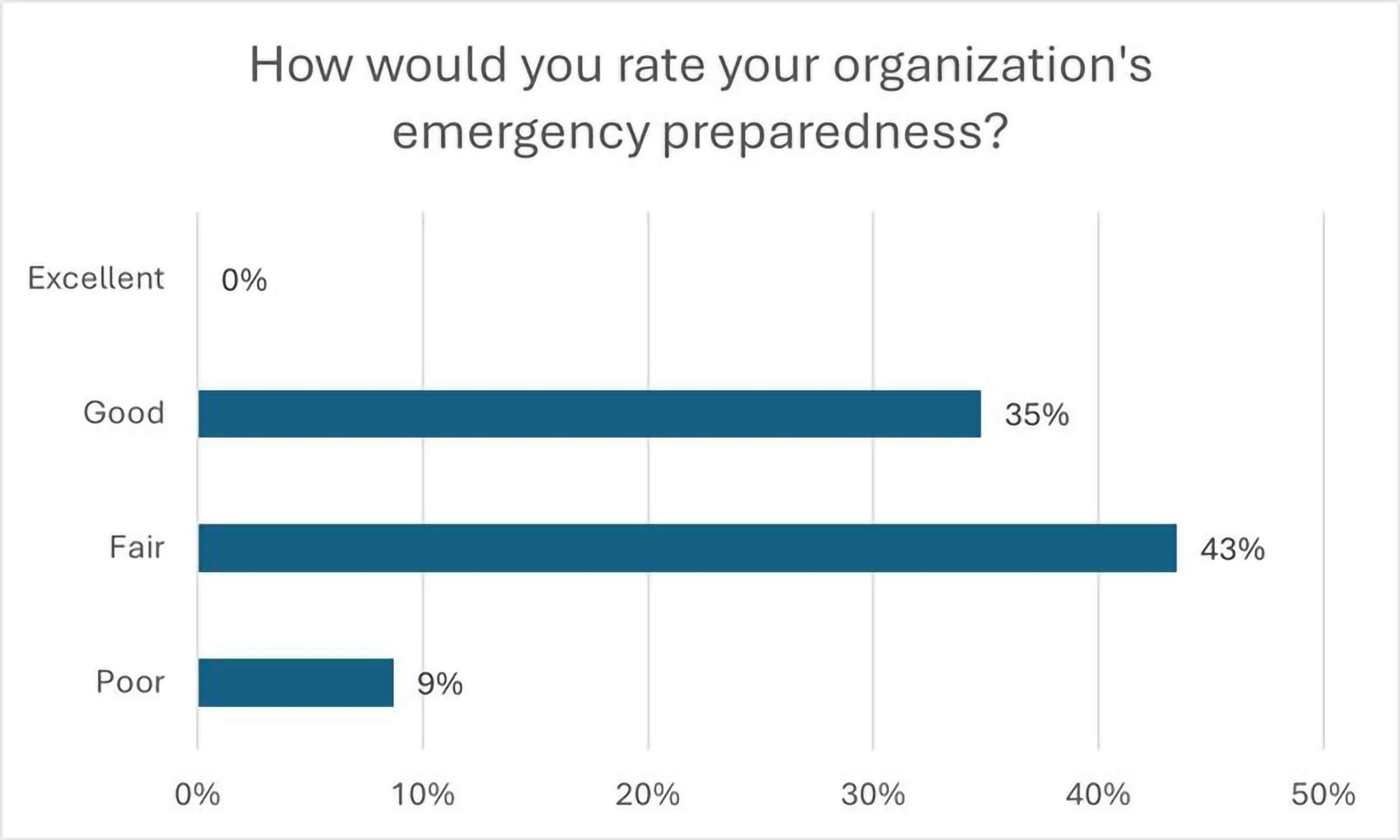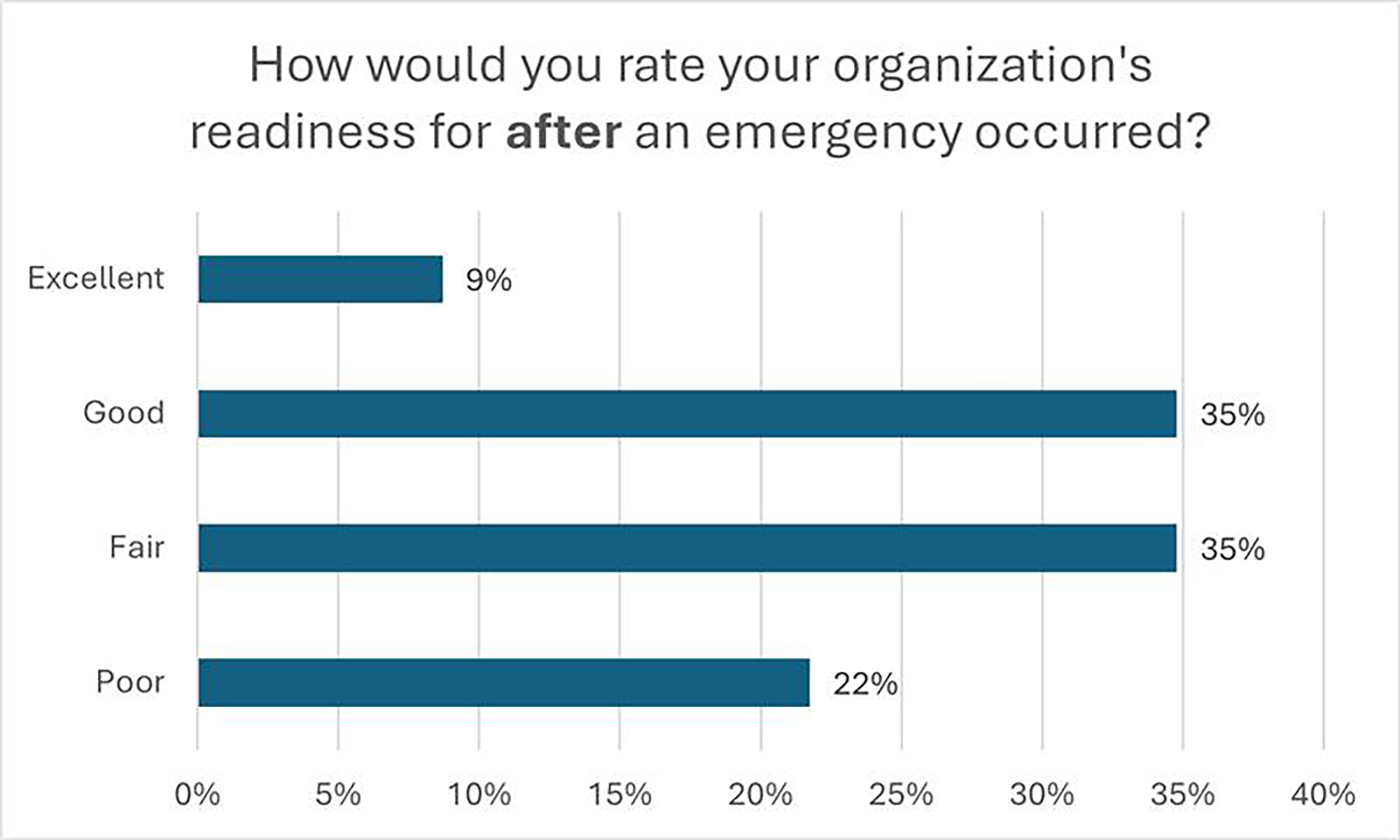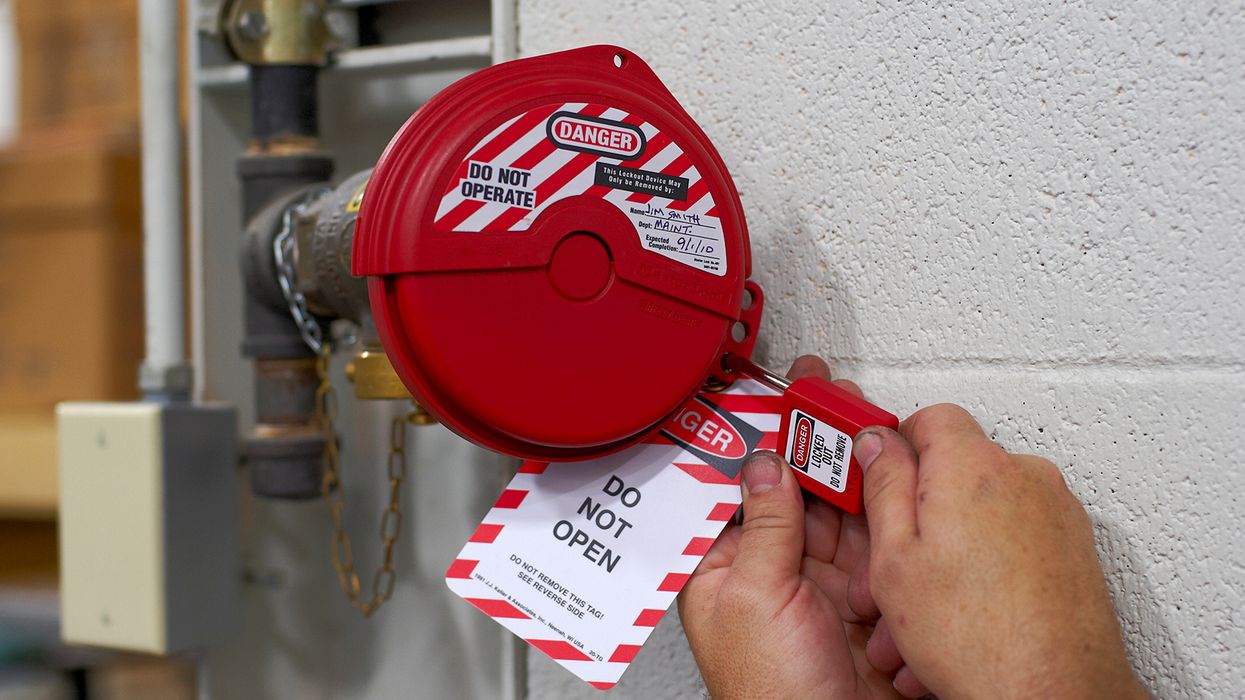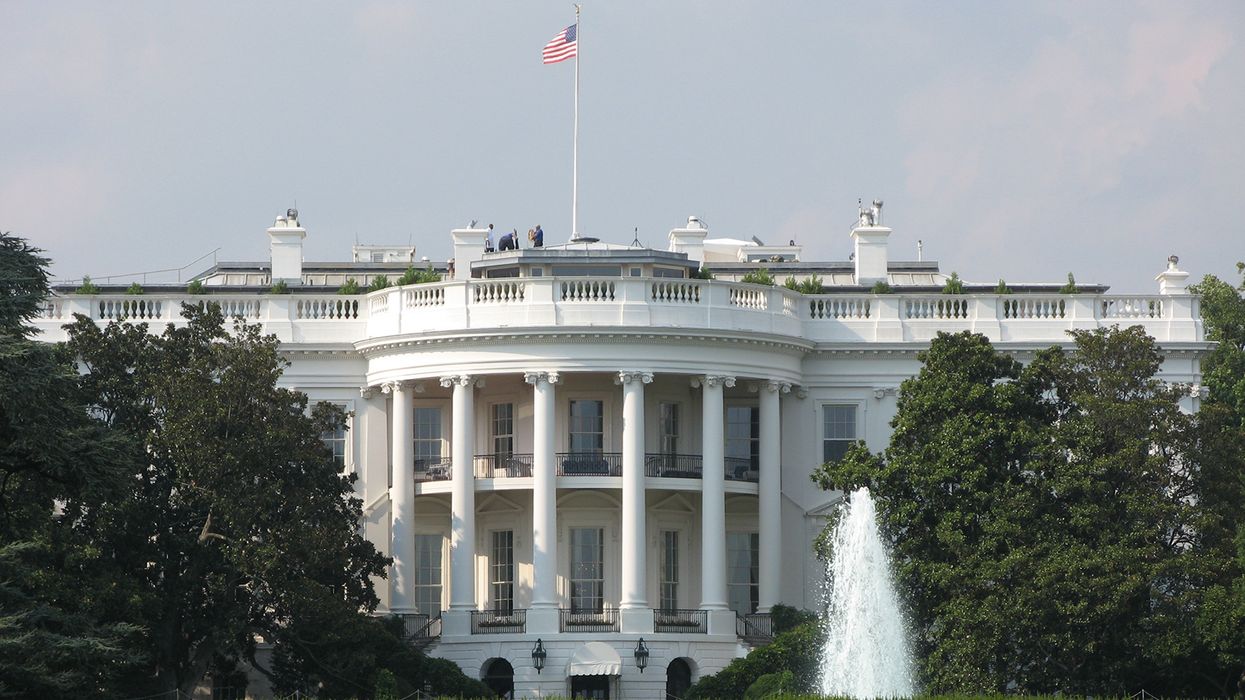Expert Insights: Considering your options for apportioned registration
For companies with only one facility, choosing a base jurisdiction for apportioned vehicle registration is clear. The home state will be the only option. But for those with locations in multiple states, what makes one state a better choice than another?
Possible advantages
Companies apportioning trucks under the International Registration Plan (IRP) must choose a base jurisdiction (state or province) to work with. If more than one jurisdiction could qualify as the base jurisdiction for your company, you have the option to choose which one you’ll apply to for apportioned registration.
But what’s the difference? Some states are considered favorable for IRP registration due to:
- Streamlined processes,
- User-friendly systems,
- Lower fees, and/or
- Efficient services.
Must still qualify
But it’s not as simple as picking the easiest state to work with. You must prove that you have an “established place of business” in the jurisdiction you wish to choose.
The IRP provides a three-part test to determine your base jurisdiction. All three parts must be met for a state or province to qualify as your base jurisdiction.
If you have an “established place of business” in more than one jurisdiction, it might pay to do a bit of research on those states to determine which would be the best fit for your operations.
It doesn’t change what you pay for your miles
Note that having this option does not change what you’ll pay to every state where you operate. The recordkeeping and reporting requirements under IRP lead to registration fees based on 100 percent of the distance traveled, by jurisdiction.
Regardless of your base state, each state where you operate will get their portion of the fees based on their rate and the miles you operate there.
The bottom line
If you have facilities in multiple states, you may have options when it comes to picking a base jurisdiction to work with. But remember that — whichever state you choose — you’ll need to meet the criteria for “established place of business” to qualify.





























